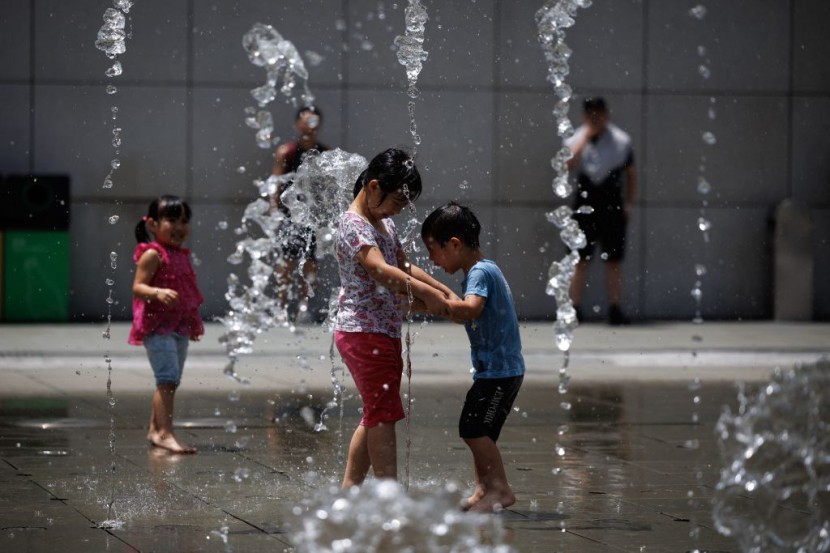Hong Kong will pay new parents more than $2,500 for having a baby in an effort to increase its lagging birth rate, but many locals complain that it won't even cover a month's rent in the notoriously pricey city.
John Lee Ka-chiu, the chief executive of Hong Kong, made the announcement during his annual policy speech on Wednesday.

He said the city would give HK$20,000 ($2,556) to the parents of every child born between now and 2026 in an effort to increase the "persistently low birth rate" - which has dropped to a record low of 0.9 births per woman, far below the 2.1 needed to maintain a stable population.
The gift is in addition to the tax benefits already provided to first-time parents, who can deduct an additional amount from their annual taxes for infants.
The giveaway may appear significant, but it is not as large as some of the incentives offered in other East Asian nations that are also experiencing low birth rates.
Singapore (birth rate: 1.05) provides a handout of $8,036 for the first and second children and $9,497 for the third, in addition to four weeks of paternity leave (up to 16 weeks for maternity), unpaid time off for baby-caregiving, and tax breaks for working women.
With a birth rate of 0.78, South Korea presently provides $518 each month until the kid turns one, with a projected increase to $740 in 2019.
Parents in Japan (birth rate: 1.3) receive a $107 monthly stipend for each infant until they turn two. Parents receive $66.7 per month for each child between the ages of three and senior in high school.
Read also: World Population 2023: This Country Will Surpass China as the Most Populous Nation Next Year
Not Enough to Persuade A Lot of Parents to Have More Kids
The majority of parents thought that the new initiative would not be sufficient to persuade them to have further children, citing the exorbitant expense of living in a city that frequently leads lists of Asia's priciest locations.
The average monthly rent for a 500-square-foot apartment with two bedrooms in the city is around $2,253 this year, which would consume more than 90% of the money the government is planning to provide.
Although nursery, the year or two before kindergarten, is typically not covered, Hong Kong subsidizes education from kindergarten through senior high.
For the first month after giving birth, it's typical in Hong Kong and other Chinese cities to engage a confinement nanny (also known as a "pui yuet") to take care of the household duties while the new mother heals. Once more, the government compensation would be insufficient.
A one-time monetary donation wouldn't alleviate parents' longer-term financial concerns, according to University of Hong Kong population health researcher Professor Paul Yip Siu-fai.
He asserted that more has to be done in Hong Kong to assist parents in the latter two stages, such as promoting family-friendly work settings that, for instance, provide flexible shift schedules.
Related article: China Allegedly Forces Birth Control and Sterilization in an Attempt to Suppress Their Population








